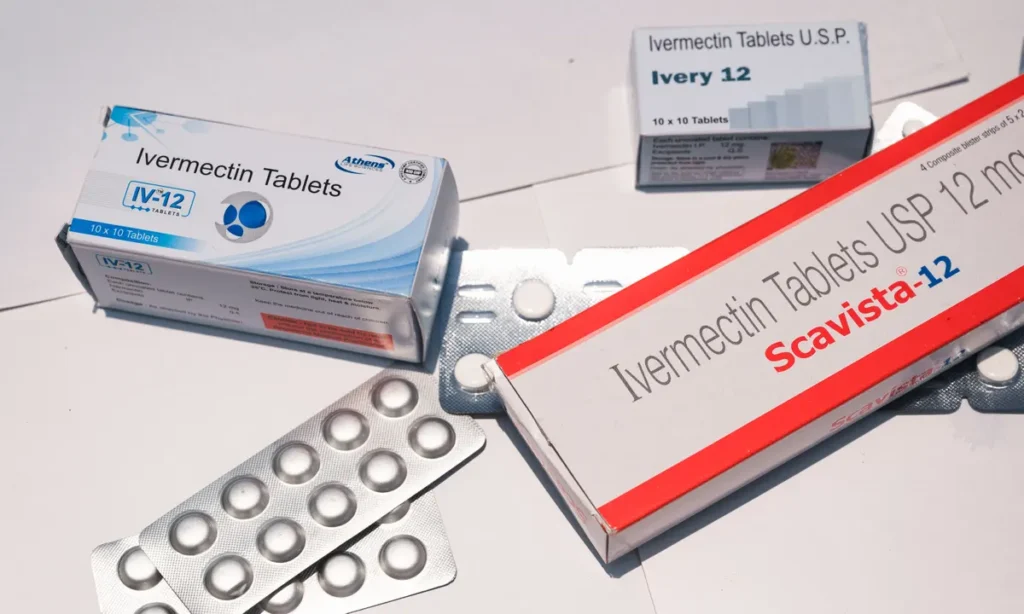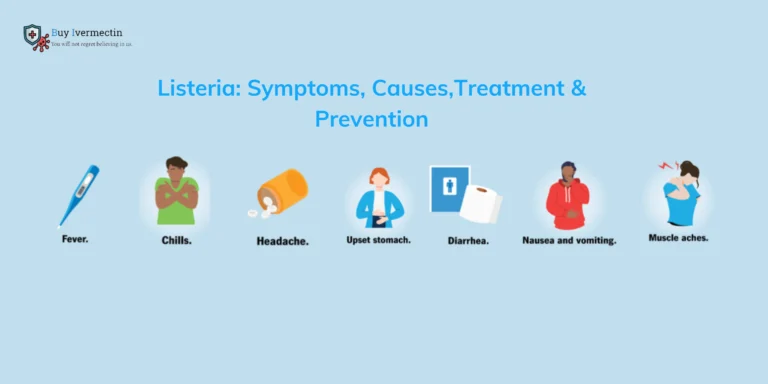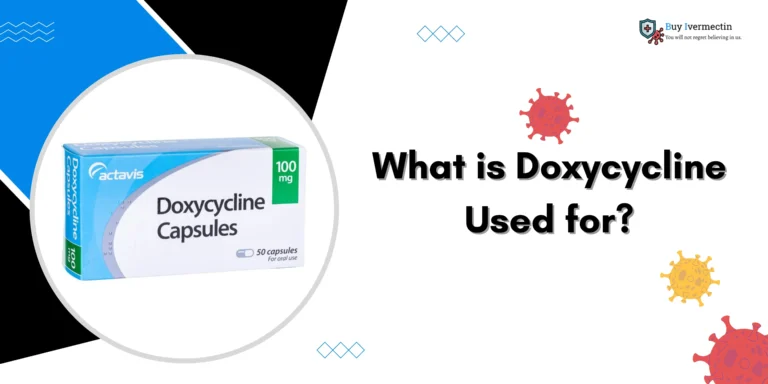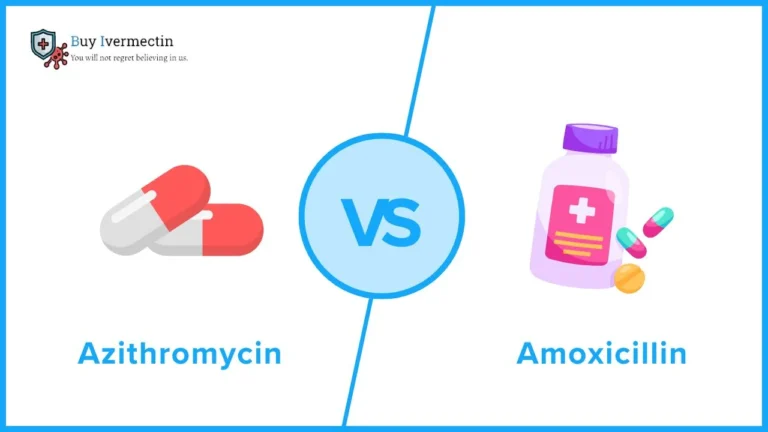What Is The Drug Ivermectin?
One anti-infective is the Ivermectin Tablet. It is used to treat some parasitic infections.
If you have any questions, speak with your pharmacist or healthcare practitioner about the possible uses of this medication.
Name of the brand: Stromectol
When Using This Drug, What Should I Notify My Care Team?
They Must Know:
• Illness of the Liver
• Nursing a Newborn
• Asthma
• An Unexpected or Adverse Reaction to Foods, Colors, Preservatives, Ivermectin Tablet, or Other Medications.
• Contrailing or Attempting to Conceive
How Am I Supposed To Take This Medicine?
When taking this medication orally, drink a full glass of water. Observe the guidelines provided on the prescription label. Take this medication at least 30 minutes before or two hours after eating, on an empty stomach. Never take it with food. Take your medication regularly. Never take your medication more frequently than prescribed. Even if you feel better, take all of your medication as prescribed. Never miss a dose or quit taking your medication early.
Consult your pediatrician about the usage of this medication in young patients. There might be a need for extra caution.
Overdosage: Contact an emergency department or poison control center right away if you believe you may have taken too much of this medication.
Remember: This medication is exclusive to you. Never give this medication to another person.
What Happens If I Forget To Take A Dosage?
Take the missed dose as soon as possible if you miss it. Don’t take anything more if your next dose is almost due. Avoid taking more or two doses.
What Could Conflict With This Medicine?
Medications such as warfarin that prevent or treat blood clots
Not every interaction is probably covered by this list. Provide a list of all the medications, over-the-counter medications, herbal remedies, and nutritional supplements you use to your healthcare physician. Inform them if you take illegal substances, smoke, or drink alcohol. Certain things might interfere with your medication.
When Using This Drug, What Should I Be Aware Of?
Attend a follow-up appointment with your physician or other health care provider as instructed. Tests will be necessary to ensure that the virus has been eradicated. Retreatment might be necessary for you. Inform your physician if your symptoms worsen or do not get better.
Maintain proper hygiene to avoid spreading illness to others. Shower frequently, wash your hands, and clean your fingernails. Change and launder bed sheets and underwear every day. Keep floors spotless and scrub bathrooms frequently.
What Potential Negative Effects Could This Drug Have On Me?
Side effects that you have to notify your physician or other healthcare provider about right away include:
- Fever
- Confusion
- Chest Pain
- Breathing Problems
- Changes In Vision
- Eye Pain, Swelling, Redness
- Unusual Swelling
- Unusually Weak Or Tired
- Feeling Dizzy, Faint
- Seizures
- Fast, Irregular Heart Rate
- Uncontrolled Urination, Bowel Movements
- Redness, Blistering, Peeling, Or Loosening Of The Skin, Including Inside The Mouth
Generally, the following side effects don’t need to be reported to your doctor or other healthcare provider if they persist or are bothersome:
- Headache
- Diarrhea And Constipation
- Shaking
- A Decrease In Appetite
- Vomiting And Nausea
- Discomfort In The Stomach
- Muscle Or Joint Pain
- Sensitive Glands In The Groin, Armpits, Or Neck
It is conceivable that not all adverse effects are covered in this list. For medical advice regarding side effects, contact your physician. By calling 1-800-FDA-1088, you can report side effects to the FDA.
Where Should My Medicine Be Stored?
Keep out of children’s reach.
Keep refrigerated below 30 degrees Celsius (86 degrees Fahrenheit). Keep the container firmly shut. After the expiration date, discard any medication that is not in use.
Remember: This is only an overview. It might not include all relevant facts. See your physician, pharmacist, or other healthcare practitioner with any questions you may have regarding this medication.




